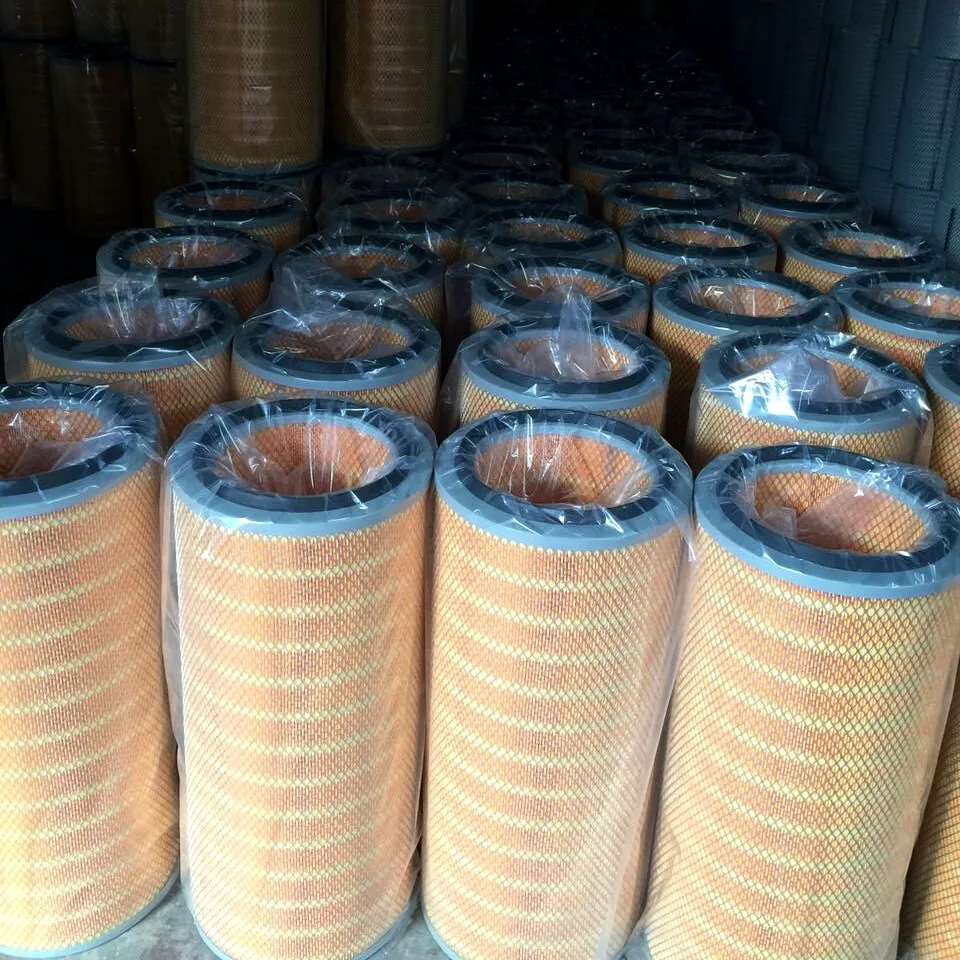 Tel:
+8615930870079
Tel:
+8615930870079
نومبر . 29, 2024 16:44 Back to list
High-Efficiency HEPA Cartridge Filters for Superior Air Quality and Filtration Performance
Understanding HEPA Cartridge Filters Importance and Applications
In an era where air quality is of paramount importance, the HEPA (High-Efficiency Particulate Air) cartridge filter has emerged as a revolutionary solution for maintaining clean air in various environments. Recognized for its efficiency in trapping airborne particles, these filters are vital components in HVAC systems, industrial applications, and even household appliances like air purifiers and vacuum cleaners.
What is a HEPA Filter?
A HEPA filter is designed to meet specific performance standards set by the U.S. Department of Energy (DOE). To qualify as a HEPA filter, it must capture at least 99.97% of particles that are 0.3 microns in diameter. This includes dust, pollen, mold spores, pet dander, and other allergens. The filter achieves this high level of efficiency through its unique structure, which consists of a dense mat of fine glass fibers that create a complex maze for particles to navigate.
How HEPA Cartridge Filters Work
HEPA cartridge filters function through three main mechanisms interception, inertial impact, and diffusion
.1. Interception As air flows through the filter, particles that are too large to pass through the gaps in the fibers are captured as they come into contact with the fibers. 2. Inertial Impact When larger particles travel at higher speeds, they tend to deviate from their airflow path and collide with the fibers instead of passing through.
3. Diffusion Smaller particles experience Brownian motion, which causes them to randomly collide with air molecules, leading to higher chances of interception by the filter fibers.
These combined mechanisms ensure that HEPA filters are exceptionally effective at trapping a wide range of particulate matter, promoting healthier indoor air quality.
Applications of HEPA Cartridge Filters
hepa cartridge filter

HEPA cartridge filters are widely used across numerous sectors, making them indispensable for modern air purification needs
1. Residential Use Homeowners utilize HEPA filters in air purifiers and vacuum cleaners to reduce allergens and improve overall air quality. Their effectiveness in trapping dust and pet dander makes them especially popular among individuals with allergies or asthma.
2. Healthcare Facilities Hospitals and clinics rely on HEPA filters to create sterile environments by minimizing airborne pathogens. Operating rooms and patient wards are equipped with HEPA-filtered air systems to help prevent infections and safeguard the health of vulnerable patients.
3. Industrial Applications In manufacturing settings, HEPA filters are crucial for controlling airborne contaminants. Industries involved in pharmaceuticals, food processing, and electronics benefit from HEPA filtration systems to comply with stringent air quality standards and to protect both products and workers.
4. Commercial Buildings Offices and commercial spaces utilize HEPA filters in their heating and cooling systems to ensure a healthy work environment. Clean air contributes to improved employee productivity and well-being, making it a wise investment for business owners.
Maintenance and Longevity
While HEPA filters are incredibly effective, they require proper maintenance to maintain their efficiency. Regular replacement is crucial, as a clogged filter can decrease airflow and put excessive strain on HVAC systems. The lifespan of a HEPA filter varies, but most should be replaced every 6 to 12 months, depending on usage and environmental conditions.
Conclusion
The importance of HEPA cartridge filters in our daily lives cannot be overstated. With air pollution and allergens becoming increasingly prevalent, these filters serve as a barrier against harmful particles, enhancing our health and comfort. Whether used in homes, healthcare facilities, or industrial environments, HEPA filters play a pivotal role in ensuring clean air. As technology advances and air quality concerns grow, the demand for HEPA filtration solutions will undoubtedly continue to rise, underscoring the need for awareness and proper maintenance of these essential devices. Investing in HEPA technology is not just about cleanliness; it’s about investing in health and well-being.
-
Types and Applications of Air Filtration CartridgesNewsJul.28,2025
-
The Role of Gas Turbine FiltersNewsJul.28,2025
-
Mastering Air Filter Cartridge UseNewsJul.28,2025
-
Advanced Turbine Filters for Modern Gas TurbinesNewsJul.28,2025
-
Cellulose Air Filter Cartridge Advantages in Dust FiltrationNewsJul.28,2025
-
Cellulose Filters for Air Particle ReductionNewsJul.28,2025

 Email:
Email:





